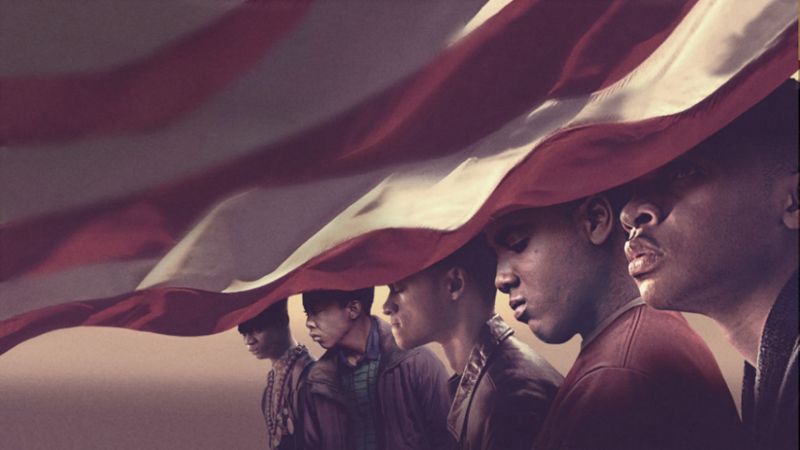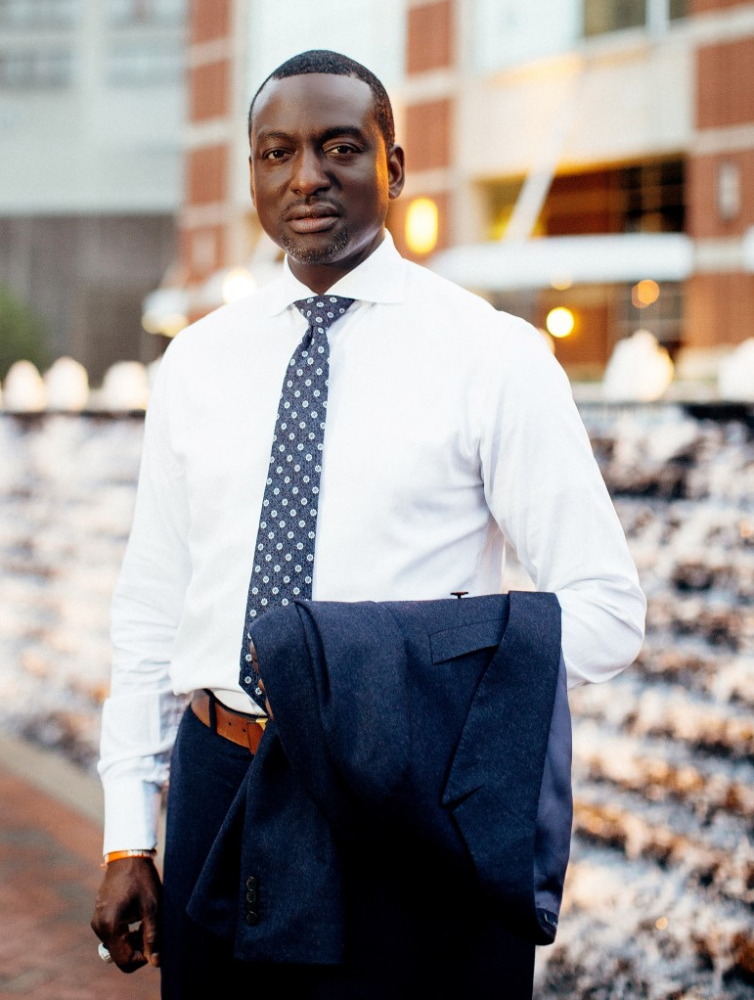
‘A Brave Space’

The term “safe space” has been disparaged by certain critics on college campuses. Universities, the argument goes, aren’t supposed to be “safe.” They’re designed to prepare students for real life, which necessitates moving beyond your safety zone.
Over its more than three decades of existence, UC Santa Barbara’s MultiCultural Center has developed a nuanced answer to that criticism. It’s a hangout for students who might not otherwise fit in.
But it’s also a place where, shielded from stereotypes and misconceptions, they engage in tough conversations about themselves, their peers and their society.
In other words, says Ronaldo Noche, the center’s student liaison, it’s both a “safe space” and a “brave space.”
“The MultiCultural Center is one place where people can be comfortable and not always have their guard up,” he said. “Students need that. Here, they will encounter certain ideas, and have certain uncomfortable conversations — but in a constructive way.”
“A lot of students are pretty comfortable at UCSB, and are ready to be challenged,” added program coordinator Abire Sabbagh. “But others need these spaces to be able to just breathe — to not always be thinking, ‘What can I say? What can I not say? How am I going to be judged?’ We can do all that while still holding ourselves and each other accountable to learn and to challenge ourselves.”
That learning takes a variety of forms. The MultiCultural Center’s projects include an Empowering Student Leaders Series, which offers three workshops per quarter that “re-imagine the boundaries of how we think about student leadership;” a new Community Empowerment and Advocacy Program, in which paid interns raise their awareness of societal and internalized prejudice, and then share that knowledge with others; and a high-profile series of speakers and performers.
The center will hold its most anticipated event of the quarter at 6 p.m. Feb. 11, when Yusef Salaam speaks at the Corwin Pavilion. Salaam was one of the “Central Park Five” — a group of five young black men who were arrested in 1989 and charged in connection with the rape and murder of a jogger in the legendary New York City park. They were eventually exonerated, and their story became the basis for the 2019 Netflix film “When They See Us.”
“When that movie came out, it was the first time a lot of younger people even heard about the Central Park Five,” Sabbagh said. “So it was on my radar. I thought it’d be best to bring one of the five. Instead of having people speak on issues they do not have lived experiences for, I try to prioritize having people speak for themselves. We use our space as a platform to bring people from different communities so they can tell their own stories.”
“He’ll be talking about police brutality, racial profiling — important conversations that need to happen on college campuses, but often don’t in classrooms,” she added of Salaam’s visit. “Then we’ll open it up to the audience. We typically have people speak for up to an hour, followed by a Q&A. That one-to-one dialogue can be more impactful than the talk itself. A lot of the time, a student is asking for advice or guidance on something they’re going through personally.”
“It fits really well into our mission,” said Zaveeni Khan-Marcus, director of the center since it was founded in 1988 as a response to angry protests by black students who felt unrepresented on campus. “The MultiCultural Center was established to teach, to raise consciousness, to create a platform to talk about these issues. Dialogue and conversation are important, as is bringing people together as witnesses.”
The center’s other winter quarter offerings, most of which take place in its own 145-seat theater, range from “Comics of Color” to a discussion of “Race, Spirituality, and Secularism,” to an evening of “Post-Rock Korean Music.” Acclaimed poet Claudia Rankine will speak on “The Creative Imagination and Race” Feb. 27 at Corwin Pavilion.
“It’s intentionally diverse,” said Sabbagh. “We try to make sure that all cultural identities are included in some way each quarter. We don’t want anyone to feel left out — even as we convey the general theme that oppression can affect all of us.”
The vast majority of those programs (including Salaam’s presentation) are free and subsidized by the center, which has only eight professional staff members. The bulk of its budget is provided “by students who have voluntarily increased their fees to support the MCC,” according to Khan-Marcus.
“We have literature events, concerts, spoken-word performances, as well as a ‘Cup of Culture’ film series every Wednesday,” Sabbagh noted. “Different people learn in different ways.”
All students are, of course, welcome — and that includes the new social justice advocacy internships, which Khan-Marcus hopes to make a permanent offering.
“Part of our programming are workshops on ‘how to be an effective ally’ — how to disrupt racism,” said MCC Associate Director Afiya Browne. “The point is not to make people feel guilty or blame anyone. It’s about talking about what you do with the privileges you do or do not have.”



